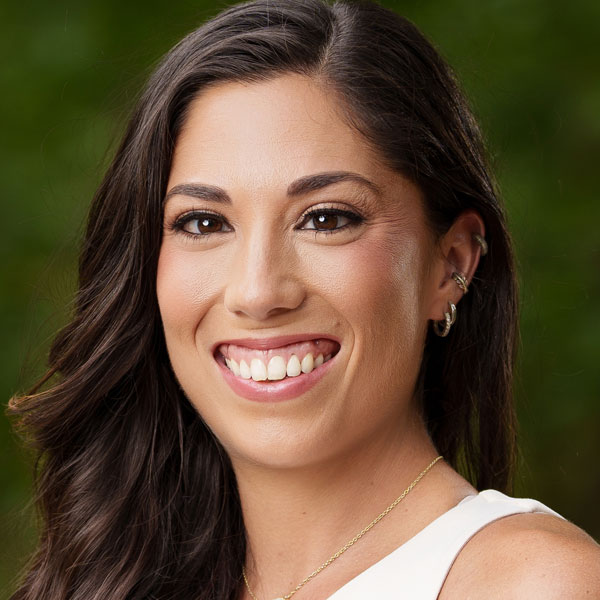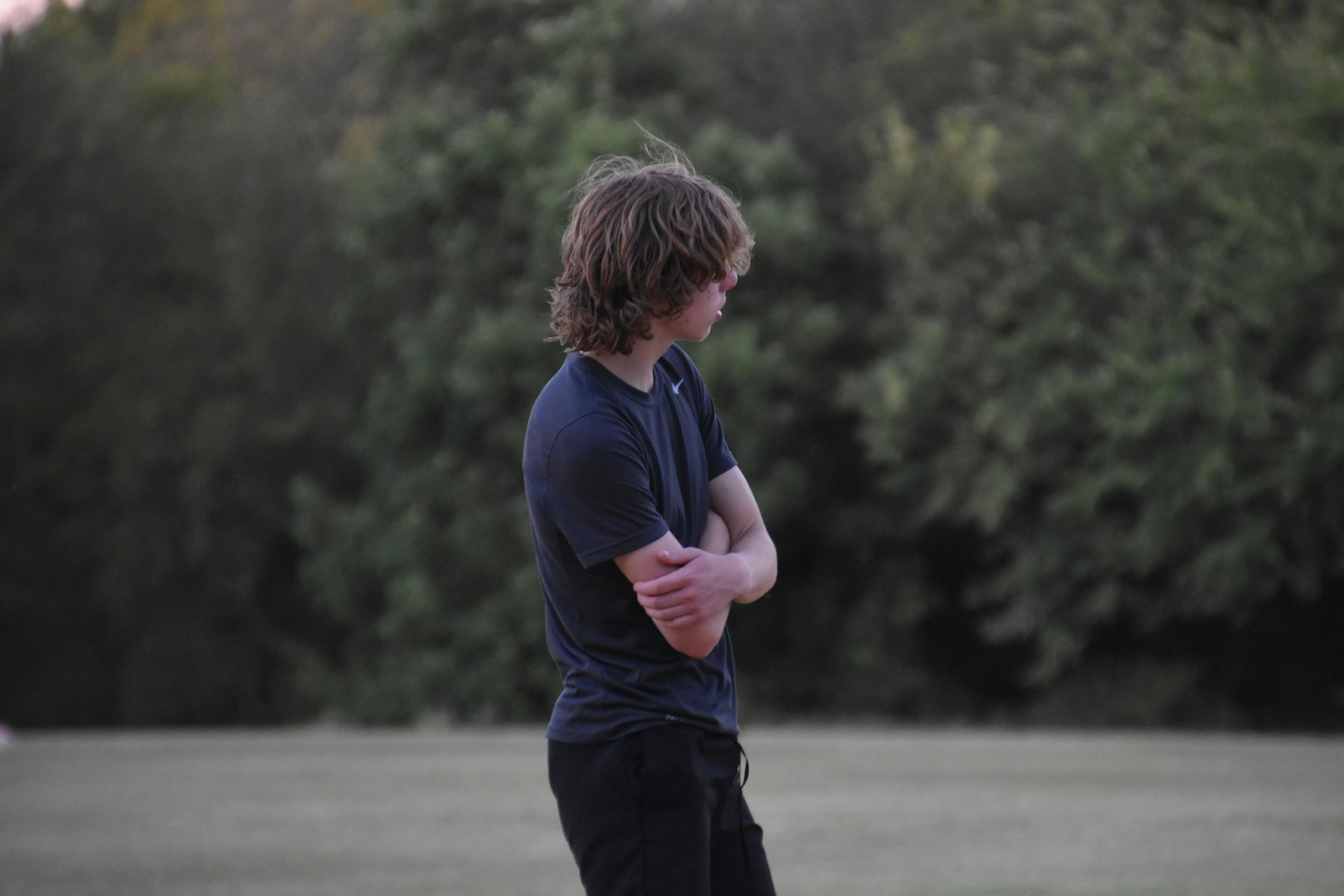Many people experience anxiety without knowing where it comes from. While anxiety can be linked to external events or part of a disorder, more often than not, anxiety is connected to the way we see the world and the beliefs we carry.
It is possible to gain control over certain types of anxiety. It might require that we face past experiences and rewire our limiting beliefs that are connected to unresolved trauma. In this article, we’ll consider some trauma-informed beliefs that can lead to anxiety.
Inside Out: The Way We See the World
Our childhood experiences shape the way we see ourselves, others, and the world around us. Some of the things we faced growing up were traumatic, even though it might have felt normal or common. For example, some parents have a rule not to lock doors in the home. They regularly snoop and inspect their children’s rooms.
 A child who grew up without being afforded trust or privacy will likely struggle with boundaries as an adult and may be anxious as they try to enforce them. Their underlying belief might be that personal boundaries are wrong, dangerous, or only afforded to others, but not themselves. Plano Christian Counseling can help individuals unlearn harmful patterns, establish healthy boundaries, and embrace their worth through faith-based guidance and support.
A child who grew up without being afforded trust or privacy will likely struggle with boundaries as an adult and may be anxious as they try to enforce them. Their underlying belief might be that personal boundaries are wrong, dangerous, or only afforded to others, but not themselves. Plano Christian Counseling can help individuals unlearn harmful patterns, establish healthy boundaries, and embrace their worth through faith-based guidance and support.
We don’t always frame certain experiences as being traumatic because we were exposed to them as a norm. It is only as we grow and get close to people that they become mirrors that we can look into and see ourselves. A friend, loved one, coworker, or counselor might question a belief that we didn’t even realize was abnormal. This causes us to see ourselves or our beliefs in a new light.
Unresolved trauma is at the root of a lot of the anxiety we face as adults. We could meditate or medicate the symptoms of anxiety to great effect, but anxiety will remain with us until we deal with the root of the problem. Anxiety often comes from what is inside us (our thoughts) and what is behind us (our past). In this way, anxiety is not the core problem but is merely a symptom of a deeper issue.
Trauma-Informed Beliefs That Spark Anxiety
Every person’s mental health is unique, just as their childhoods and life experiences are. However, there are certain beliefs that almost always result in anxiety. These trauma-informed beliefs are commonly linked to traumatic childhood experiences and trauma.
“I’m alone and can’t rely on others”
If our parents were mostly absent, if they broke their promises frequently, or if their caregiving was inconsistent, we might have developed a belief that we can’t rely on others. Our parents and caregivers are supposed to make us feel safe, heard, and seen. People who don’t get that sense of security in childhood will grow up to be independent and distrustful. This is not only lonely, scary, and exhausting, but it’s incredibly anxiety-inducing.
Self-reliant people often have trouble communicating their needs and asking for help. This is because they believe their needs aren’t important and they don’t believe others will come through for them. They often don’t realize just how stressed they are. When they do, they don’t know what to do about their anxiety. Believing you can’t rely on others is a common, self-limiting belief that cuts you off from intimacy.
“I don’t belong”
If we lack friendship as kids or peer approval as teenagers, we will likely grow up feeling that we don’t belong anywhere. These experiences can lead to a sense of isolation. The feeling of not belonging can cause endless amounts of anxiety. Much like feeling we can’t rely on others, being without community makes a person feel vulnerable and exposed.
Many times, we hold beliefs with us in adulthood that were only true in our younger years. We might find a community to be part of as an adult, but the limiting belief that we don’t belong anywhere means that we will never try to find a connection. In essence, we cause ourselves anxiety over a belief that could be uprooted if we confronted it. This is true for each of these beliefs.
“Everything I want is out of reach”
 This futile belief could be linked to growing up in poverty, experiencing lack, or having been surrounded by similarly fatalistic thinkers. Adulthood is often about facing obstacles and going through trials, some of which will defeat us. When we feel that everything we desire is unobtainable or that the world is against us, we will feel anxious, bitter, and resentful of others.
This futile belief could be linked to growing up in poverty, experiencing lack, or having been surrounded by similarly fatalistic thinkers. Adulthood is often about facing obstacles and going through trials, some of which will defeat us. When we feel that everything we desire is unobtainable or that the world is against us, we will feel anxious, bitter, and resentful of others.
Our beliefs are difficult to confront because they are based on our perception of the world. If we grew up having to be self-reliant or feeling like we had no community, it can be hard to convince ourselves that the world can be any other way. To deal with anxiety, sometimes we have to risk having new experiences that challenge our self-limitations or views of others.
“I need to be perfect to be accepted”
It’s common for parents and teachers to praise kids for their achievements. While it’s good to affirm and credit young minds, it can cause children to believe that they have to meet a measure of goodness or even perfection to be accepted and loved. Some people purposely instill perfectionism in their kids because they have been victims of perfectionism themselves and never resolved their experiences.
It’s not difficult to understand how perfectionistic thoughts cause anxiety. If we believe that we have to measure up to a certain standard simply to be accepted, we will spend all our energy trying to meet those standards. Sometimes, we become anxious because we can’t figure out what other’s expectations of us are or because we feel like we could never meet the requirements to be acceptable.
“I will never be enough”
At the foundation of most self-limiting, anxiety-inducing beliefs is the feeling that no matter what we do or how much we achieve, we will never be enough. This belief is sadly common, with people of all ages and backgrounds secretly believing that they can never do enough to be seen and valued. Anxiety forms because we try to find value in the eyes of others.
Release from Trauma-Informed Beliefs
A lot of the anxiety we carry daily stems from our childhood burdens. Having even one limiting self-belief can be exhausting. It keeps us from the things we truly need, whether they are acceptance, community, or affection.
Confronting our belief systems can be physically and emotionally draining work. Sometimes, our anxiety will feel a lot worse before it gets better. Many people deal with problems by compartmentalizing them. If each one is in its little box, it seems easier to deal with.
It’s tough to accept that our anxiety might be attached to a limiting belief we formed after we experienced childhood trauma. However, by taking a holistic approach we can deal with anxiety at its root. It takes work, but we can have less anxiety, more self-belief, and release from trauma if we don’t give up on ourselves.
It is often only in the context of friendships and relationships that we can see our blind spots and confront our limiting beliefs. Sometimes, though, our friends and loved ones are too close to us to provide insight, and we need a fresh perspective. That’s where a Christian counselor in Texas can help.
Christian counselors in Texas provide the benefit of being compassionate and trained while also being an outsider to your story. If you would like to meet with me or another Christian counselor in Texas, please contact our office today at Plano Christian Counseling. We will make an appointment for you with one of the therapists from our association who is trained to help you unpack the roots of your trauma-informed beliefs and anxiety.
“Watching the Fog”, Courtesy of Mitchell Hartley, Unsplash.com, CC0 License; “Lonely Road”, Courtesy of Francisco Gonzalez, Unsplash.com, CC0 License
-
Kate Motaung: Curator
Kate Motaung is the Senior Writer, Editor, and Content Manager for a multi-state company. She is the author of several books including Letters to Grief, 101 Prayers for Comfort in Difficult Times, and A Place to Land: A Story of Longing and Belonging...
DISCLAIMER: THIS ARTICLE DOES NOT PROVIDE MEDICAL ADVICE
Articles are intended for informational purposes only and do not constitute medical advice; the content is not intended to be a substitute for professional medical advice, diagnosis, or treatment. All opinions expressed by authors and quoted sources are their own and do not necessarily reflect the opinions of the editors, publishers or editorial boards of Stone Oak Christian Counseling. This website does not recommend or endorse any specific tests, physicians, products, procedures, opinions, or other information that may be mentioned on the Site. Reliance on any information provided by this website is solely at your own risk.






